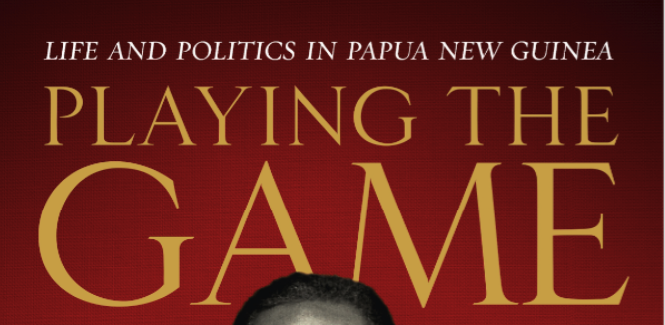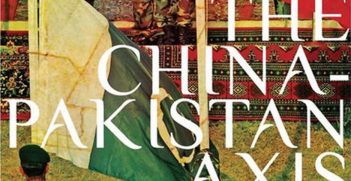Reading Room: Life and Politics in Papua New Guinea

Prime ministerial memoirs are many things: part recollection, part self-justification, part confession. They are always about legacy (why else would you spend the time and money?) as they offer a chance to shape the narrative, settle old scores and have the last word. The truthfulness of each account and by extension, the value of the genre, will always be questioned – often with good reason. But memoirs are always revealing, both for what they omit and for what they include.
Julius Chan’s memoir Playing the Game is a case in point. As a central figure in the history of an independent Papua New Guinea – Chan was prime minister, deputy prime minister or minister of finance for much of the period between the mid-1970s and the late 1990s – this book offers an insider account of life at the top. It is written in a chatty and accessible style and is infused with a multitude of vignettes, personal philosophies and character assessments (or assassinations) of senior politicians in both Papua New Guinea and Australia. For this reason alone, it is a thoroughly entertaining read.
Students of Papua New Guinean history will find that the book raises as many questions as it answers when it comes to some of the key events, of which the Bougainville conflict and the Sandline Affair loom the largest. However, given the genre, this should not come as a surprise; this is Chan’s story, told how he would like to be remembered. He sees himself as self-made, hard working, self-disciplined, well-intentioned if at times naïve, and above all, a born winner who does not shy away from consequential decisions. These aspirations offer some insight into what drove Chan to become prime minister and why he exercised power in the manner that he did.
One of the most interesting aspects of this book for Australian Outlook readers is the comment it provides on the Papua New Guinea-Australia relationship. Like many of his generation, Chan describes his early life as growing up and out of colonialism, a sequence punctuated by the Second World War and schooling in Australia. The latter is remembered as ‘the best years of my life’. By contrast, he describes taking off from Canberra airport in Papua New Guinea’s VIP aircraft The Kumul as symbolising the arrival of a truly independent nation, declaring it one of his most memorable moments as prime minister (the plane is a central character in this story as Chan believes its purchase cost him the prime ministership in 1982 and so takes every opportunity to highlight its usefulness). Both reflections speak to the complexity and intensity of feeling towards Australia among the Papua New Guinean elite. Ultimately, while Chan expresses considerable warmth to Australia and some Australians, he does not mask his frustration and disappointment that successive generations of politicians and policy makers have fundamentally misunderstood his country. In this sense, the book is more than a political memoir; it is a comment on enduring themes of paternalism, race, sovereignty and friendship.
Julius Chan, Playing the Game: Life and Politics in Papua New Guinea, University of Queensland Press, February 2016
Dr Jack Corbett is a postdoctoral fellow at Griffith University and a visiting fellow at the ANU College of Asia and the Pacific





